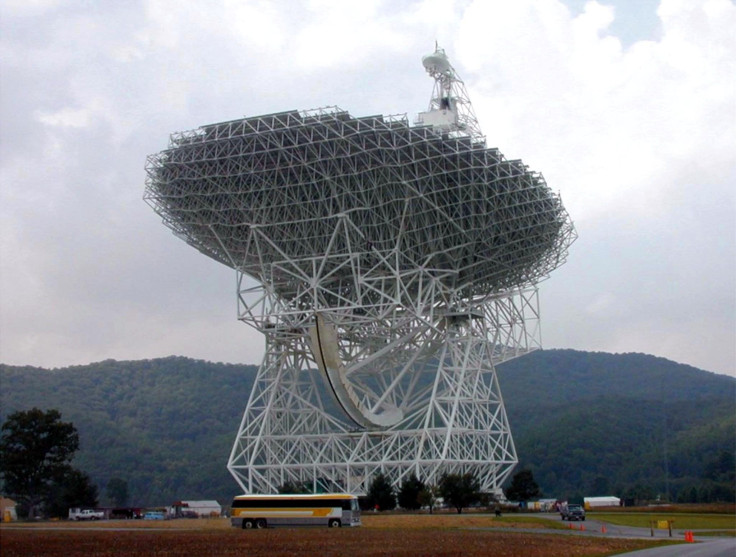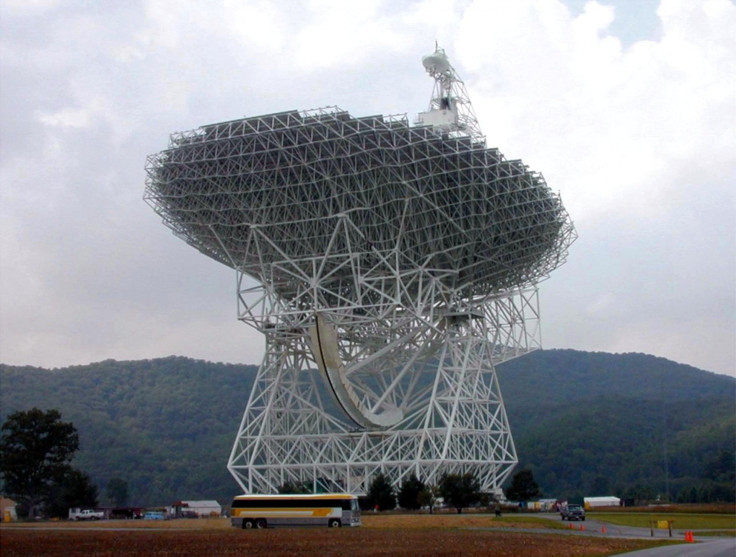Yuri Milner To Provide $100M To Fund Search For Alien Life

“Where is everybody?” Italian physicist Enrico Fermi asked in the 1950s, when faced with the question of the existence of extraterrestrial life. Ever since our species trained its eyes on the stars, the question of life on other planets has been at the forefront of our collective consciousness.
“Who are we? A mature civilization, like a mature individual, must ask itself this question,” Russian billionaire Yuri Milner, co-founder of the Breakthrough Prize that awards achievements in the fields of physics, life sciences and mathematics, wrote, in a letter, accessed by Business Insider. “Are we the Universe’s only child -- our thoughts its only thoughts? Or do we have cosmic siblings -- an interstellar family of intelligence? As Arthur C. Clarke said, ‘in either case the idea is quite staggering.’”
On Monday, in order to find the answers to “the biggest questions of our existence,” Milner announced that he would spend $100 million over the next 10 years to support a team of researchers looking for signs of extraterrestrial life.
The project, named “Breakthrough Listen,” has already garnered the support of, among others, British cosmologist Stephen Hawking and American astrophysicist Frank Drake -- founder of the SETI (Search for extraterrestrial intelligence) program.
According to Forbes, Milner's grant represents a 20-fold increase in annual funding for the field. “There has never been a better moment for a large-scale international effort to find life in the Universe. As a civilization, we owe it to ourselves to commit time, resources, and passion to this quest,” Milner wrote, in the letter.
As part of the initiative, scientists would have access to the Green Bank Telescope located in West Virginia -- the world’s largest radio telescope -- and the Parkes Telescope in New South Wales, Australia, to detect and study candidates likely to harbor extraterrestrial life.
Additionally, the Lick Observatory in California would detect messages sent by laser, Milner announced, during a press conference at the Royal Society in London on Monday.

The project will survey about a billion stars closest to Earth, and listen for any signals from the 100 galaxies beyond the Milky Way and all the gathered data would be accessible to the public.
“In summary, Breakthrough Listen takes the search for alien life to a whole new level,” Milner said.
Milner also announced a $1 million competition, named “Breakthrough Message,” to create messages that would be beamed out if alien life is detected.
“Today we have search tools far surpassing those of previous generations,” Milner reportedly wrote in the letter. “There are likely billions of earth-like worlds in our galaxy alone. And with instruments now or soon available, we have a chance of finding out if any of these planets are true Pale Blue Dots - home to water, life, even minds.”
And, if the project fails to yield results over the next decade, “we’ll go for another 10 years,” Milner told the Wall Street Journal.
Until now, despite years of searching, scientists have failed to detect a signal that points toward the existence of alien life -- unless the mysterious Wow! signal detected in 1977 using the the Big Ear radio telescope of the Ohio State University is counted.

“The search for life is the ultimate ‘win-win’ endeavor. All we have to do is take part,” Milner wrote, in the letter. “As a civilization, we owe it to ourselves to commit time, resources, and passion to this quest.”
© Copyright IBTimes 2024. All rights reserved.






















